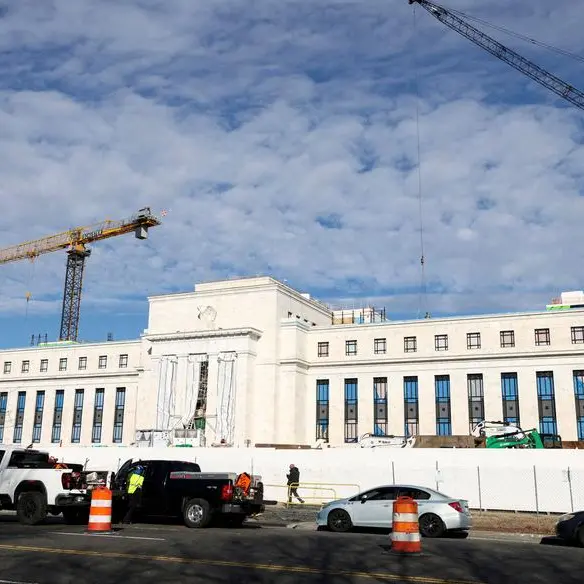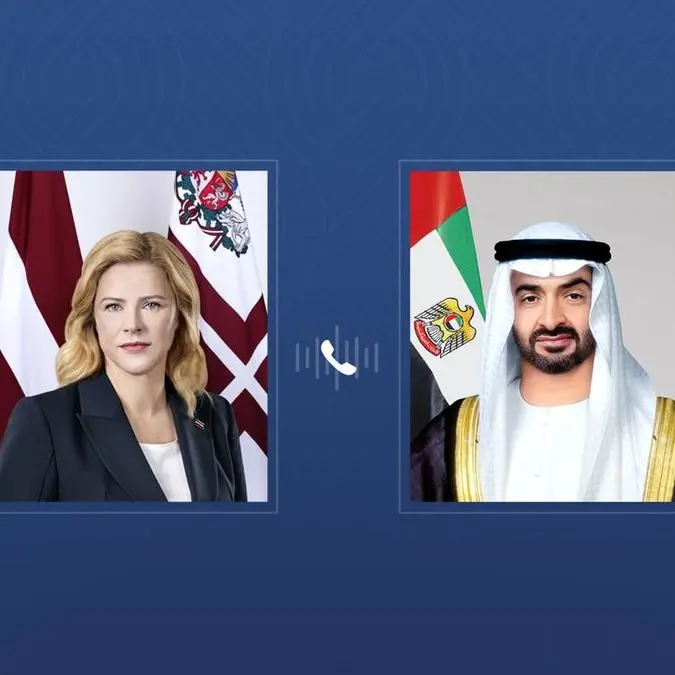PHOTO
From the vantage point of 2021, the further mass institutionalization of international relations appears unlikely in the near future, despite the enduring relevance of global action during the pandemic. Instead, we may be witnessing an important return to concert diplomacy, albeit with key differences from that which brought peace to Europe in the 19th century.
Then, the so-called Concert of Europe was a loosely organized governance of international affairs by the great powers, but it is important to distinguish between at least two forms of such concert diplomacy. The first type, which characterized much of the 19th century, is a semi-permanent great power coalition that is involved in the long-term, joint management of international relations with a remit to maintain order and justice, promote growth and ensure the smooth functioning of the financial system.
Today, such a concert of the US, China, Europe and other world powers could once again provide more stability for the globe, although some dispute that — in part because of skepticism about how a 19th-century great-power concert can adapt to a denser international institutional environment with bodies such as the UN. Those disagreements aside, however, such a concert-style arrangement looks unlikely at present, barring a significant change in the dynamics of the relationship between Washington and Beijing.
China and the US are today cooperating on some issues, including climate change. However, history suggests that, for a new Concert of Europe-style grand arrangement to come to pass, a systemic shift in international relations may be needed, from a balance-of-power paradigm to a more cooperative framework, as in the 19th century following the Napoleonic Wars.
For now at least, policymakers are focusing more on a second type of mini-concert arrangement, which differs in several ways from the 19th century, including in that the system of governance does not include every power that can destroy the existing international system by changing its policies. Such mini-concerts have tended to be more temporary, and have more restricted mandates.
Examples today include China’s Belt and Road Initiative and the Quadrilateral Security Dialogue between the US, Japan, India and Australia. These are, at best, smaller versions of the original Concert of Europe, with tighter memberships and scopes.
Should these mini-concerts continue to prove popular, it will be a major departure from the postwar multilateralism based on institutions such as the UN and NATO. In the age of digital diplomacy, today’s lighter version of multilateralism is more summit-driven, sometimes centered on series of negotiations such as the COP climate change summits or strategic partnerships between allies, for example the Quad nations.
Part of the reason concert diplomacy, albeit on a smaller scale, has regained popularity is not just the fluidity of the global order, as China (and indeed the US under the Trump administration) redefines key elements of the postwar multilateral order, but also that it has a number of advantages over UN and NATO-style multilateralism, including flexibility.
The elasticity of concert diplomacy allows it to adapt to changing circumstances, while the combined power of its members can make for a powerful coalition of the willing. When conditions are right, a concert can be an adaptable, powerful tool for international security management.
By condoning some actions and condemning others, a concert also sets norms and codes for international behavior. If there is a compelling argument for action, it can function as a de facto decision-making body with regard to the introduction of sanctions or military intervention, thus enhancing the ability to manage crises.
The benefits of concert diplomacy are, however, paralleled by key shortfalls. Not being based on international treaties, concerts lack legitimacy. Instead, they are based on the notion of fundamental inequality between states. That is, there are great powers whose role it was to make history and there are lesser ones whose function was to obey the rules set by dominant states.
Due to their restricted memberships, concerts are often disliked by aspiring powers and small states — the latter fear a great power condominium, while the former would like a seat at the top table. Moreover, owing to emphasis on the personal contacts between key world leaders, these arrangements are often seen as a regression to the time when monarchs, prime ministers and presidents could make foreign policy decisions without consulting their coalition partners or legislatures.
However, despite these disadvantages, it appears likely that mini-concert diplomacy may increasingly define international relations in the 2020s. With a rejuvenated Concert of Europe unlikely unless US-China ties warm significantly, the immediate future could belong to initiatives such as the BRI and the US-led Quad, rather than a new generation of larger multilateral organizations.
- Andrew Hammond is an Associate at LSE IDEAS at the London School of Economics.
Copyright: Arab News © 2021 All rights reserved. Provided by SyndiGate Media Inc. (Syndigate.info).





















